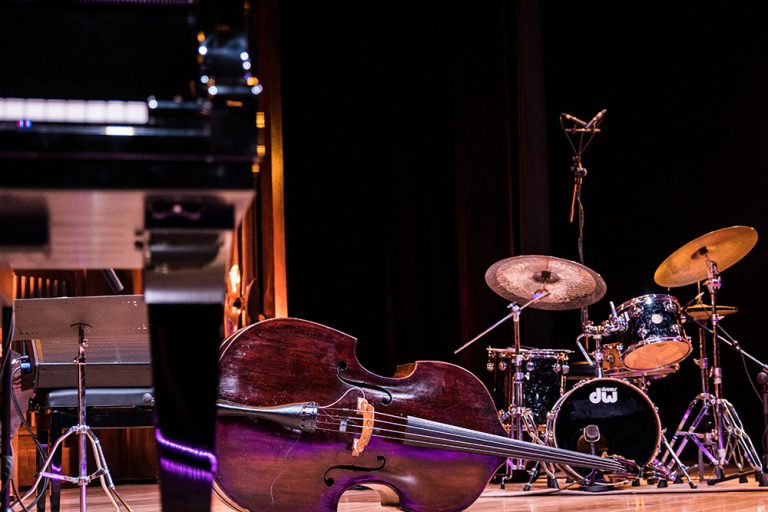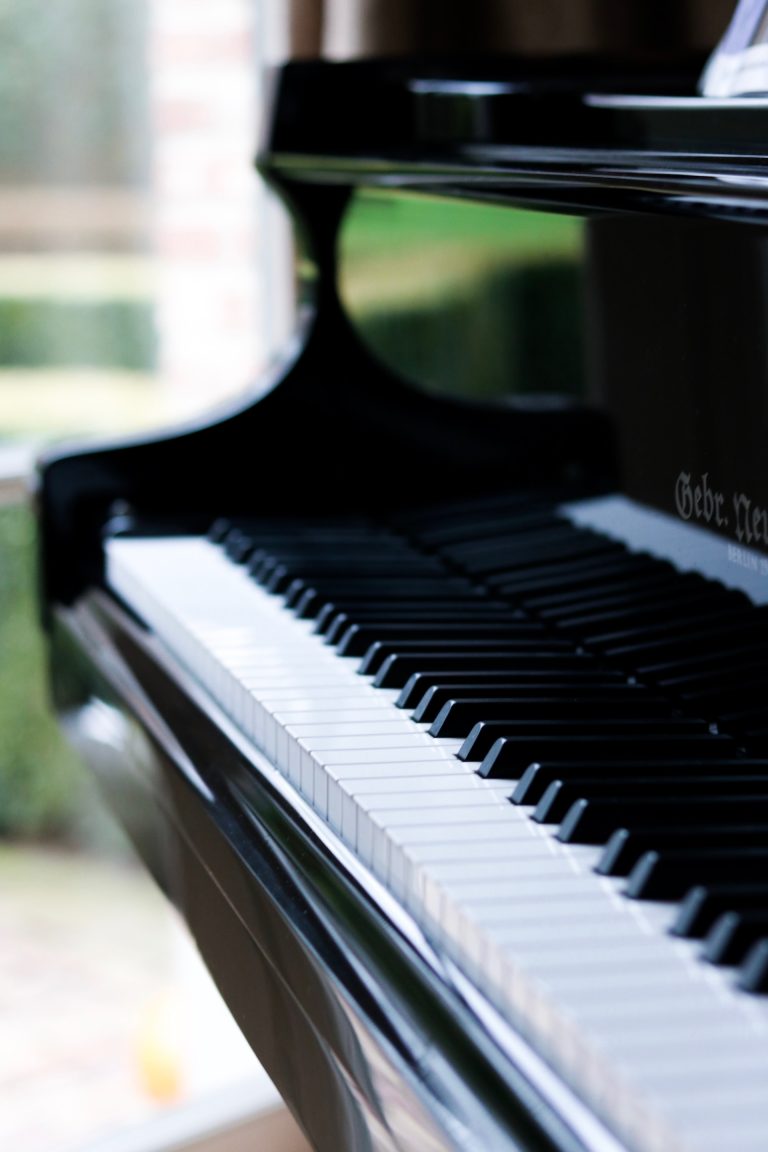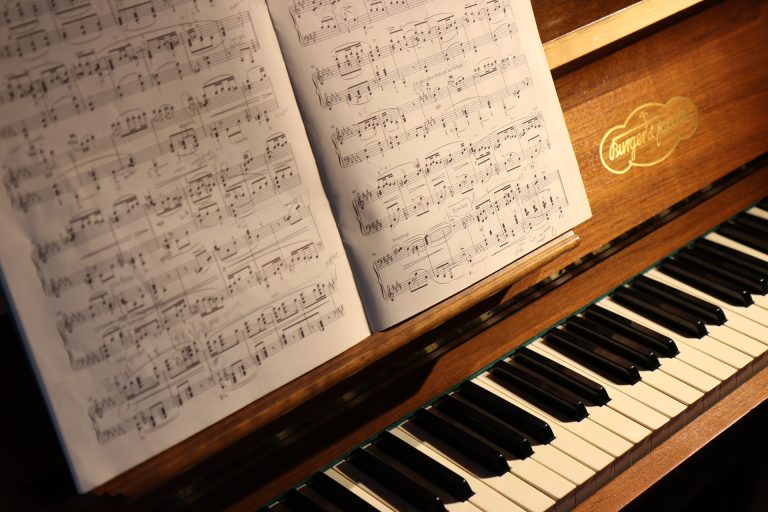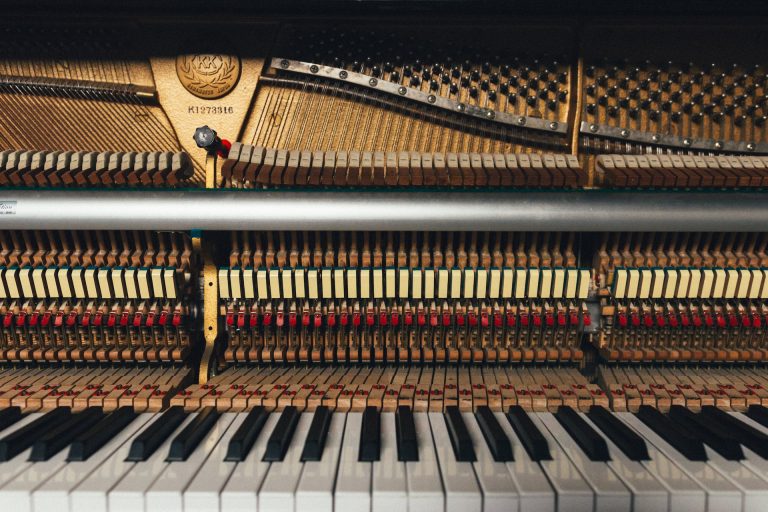Being a music teacher with over 45 years of experience, I can tell you that one of the biggest challenges is getting students to practice effectively and on a regular basis. Despite the excitement of beginning a musical interest and the student’s love of music, students sometimes struggle with the fact that music study requires discipline and motivation to practice regularly. This article explores the difficulty of getting students to practice and offers creative solutions backed by neuroscience other teachers’ parents and educators.
A Guide to Understanding the Challenge
The Neuroscience of Practice-Neuroscience research proves that a consistent practice schedule is crucial for the brain to develop musical skills. The brain forms new neural connections through repetition, this strengthens the ability to perform complex tasks such as playing an instrument 1 however, students often find it difficult to stay motivated due to the delayed gratification of seeing progress.
Obstacles-Students can face various obstacles when practicing.
These can include
- Lack of time.
- Distractions such as noise either in the room or in another room, a poorly lit practice room, not being able to find their music materials
- Lack of discipline etc.
- Not knowing how to practice effectively.
- Younger students may struggle with reading & comprehension of details or instructions on the page.
- Older students often face academic or peer pressures that limit their available time to practice. 2
Here are Some Creative Ways to Motivate Students to Practice
1. Rewards and Games
Incorporating games or rewards into practice routines can make practicing more fun and engaging. Using Apps like Better Practice offer features like practice challenges, leaderboards and rewards that motivate students to practice more 3 . Another idea is to set up a friendly practice competition. In addition, offering small rewards for meeting practice goals can also be effective 4.
2. Have Structured Practice Plans
Creating a fun but organized practice plan helps students know what they need to focus on during their practice sessions. A good place to start would be to have the students practice playing the scale for the key the piece is in. This helps them by preparing for any sharps or flats that are in their piece.
Rather than overwhelming them by having them play the entire song right away, the students can learn how to break down their practice sessions into smaller bite sized pieces so that they do not feel overwhelmed. A good place to start is to begin with a passage or a specific line or measure of the music. They would then repeat the same example several times until they are confident, gradually adding a little bit more of the music each time they have success. This type of “over the bar” practice is common among musicians.
For example, students can start with smaller snippets and move on to difficult passages, and end with playing through the entire piece 5 .
3. Parental involvement
Parents play a crucial role in motivating their children to practice. Parents who encourage students, set up consistent practice times using gentle reminders and who offer positive reinforcement can make a world of difference in the students musical outcome 6. Another way that parents can help is by creating an environment that makes practice easy to do, by having books readily at hand, having a well-lit, quiet area, keeping a pencil, manuscript paper and a notebook or post it notes handy as well as being sure the instrument is tuned and carefully maintained 7.
4. Technology Incorporation
Students today are used to learning through technology. Using technology during practice can make the music more interactive and fun. Tools like Smart Music provide students with instant feedback on their playing, which can be very motivating. In addition, recording practice sessions and tracking student progress over time can help the students see and hear their own progress 3.
5. Teacher-Student Connection
Building a strong Parent-Teacher-Student connection is crucial to success. This connection can help increase the student’s motivation to practice. Understanding the student interests and incorporating music they enjoy into the lessons can make practice more interesting. By regularly discussing gold and progress helps the students to stay focused and motivated.
6. Neuroscience- Based Techniques
Applying neuroscience-based techniques can enhance practice effectiveness. For instance, practicing in short, focused sessions with breaks in between can help the student improve their retention and prevent burnout 1.This allows the student to reflect on how they practice and to set specific goals to boost motivation 8.
7. Peer Motivation
It is important to create a sense of community among students can encourage practice. Group lessons, Ensemble playing, and practice buddies can provide social motivation. Students are more likely to practice when they have friends doing it too 3!
Expert Advice and Insights
1. Music Teachers
Experienced Music teachers suggest using a variety of books and techniques to keep students engaged. By incorporating improvisation, composition, music theory, sightreading and ear training into the lessons make practice more interesting. 9. Teachers also recommend setting smaller realistic goals and celebrating the small achievements will keep students motivated 4.
2. Parents of Musicians
Parents of successful musicians emphasize how important it is for students to have a supportive and encouraging environment. They suggest being involved in the child’s musical journey without being overly critical. Remember to celebrate the students progress no matter how small. This can boost the child’s confidence and their motivation 7 .
3. Educators and Psychologists
Educational psychologists highlight the importance of intrinsic motivation in helping students find meaning and enjoyment. This can lead to a more sustained effort, visualization, mindfulness and clarity which can also enhance the effectiveness of the practice 1.
In Conclusion
Motivating a student to practice on a regular basis in a multifaceted challenge requiring, patience, creativity and support from family, teacher and the student. By incorporating neuroscience -based techniques, leveraging technology and a supportive environment, we can help students to develop a lifelong love for music and the discipline to practice in a way that is conducive to learning.
For more resources and tools to help motivate your students, check out Better Practice and SmartMusic. These platforms offer a range of features designed to make practice more engaging and effective.
- 1: Practice | The Science & Psychology of Music Performance: Creative…
- 2: Winning the Practice Battle: Getting Kids to Practice Music
- 3: 50 Ways To Motivate Music Students | Better Practice Blog
- 4: Teacher’s Corner: 11 Tips To Get Your Students To Practice At Home
- 5: TEN Practice Tips for Making your Practice Time Really Count!
- 6: Do’s and Don’ts for Parents During Music Lessons – Piano Power
- 7: Learning to Play: Tips for Parents of Young Musicians
- 8: Effective Practice: Lessons from Neuroscience and Psychology, with…
- 9: Teaching Music Students How to Practice: A Step-by-Step Guide for Teachers
I hope this article helps to inspire your students to practice more effectively! If you have anything you would like to add or adjust, feel free to let me know.






